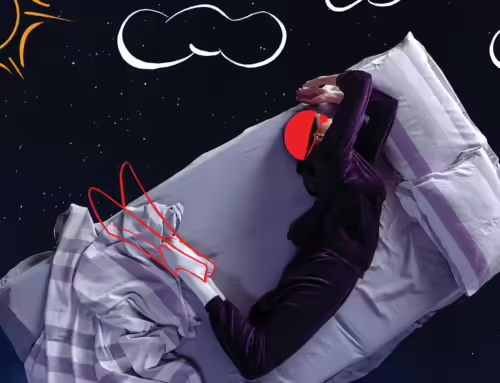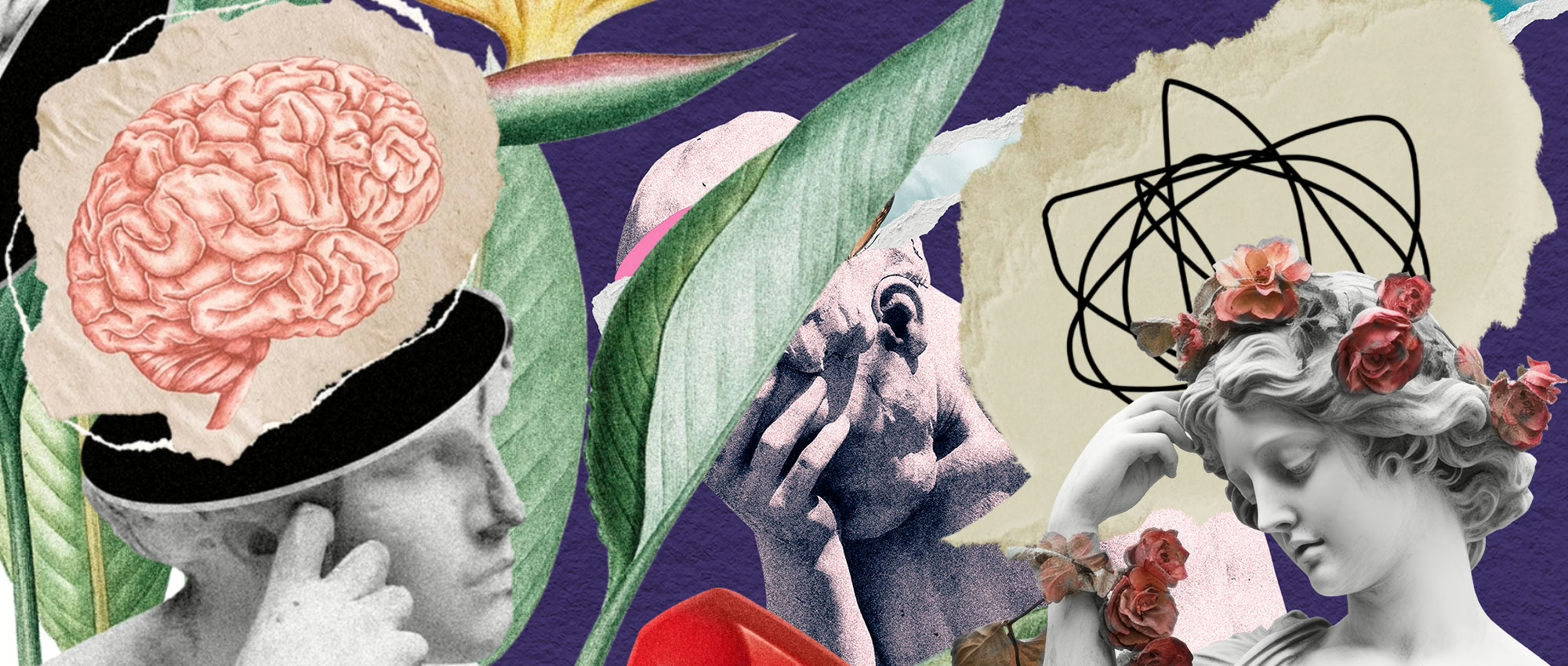What Happens if you Don’t Get Enough Sleep?
Sleep deprivation is when you do not get the sleep your body requires. Adults require 7-9 hours of sleep per night. It is estimated one third of American adults suffer from sleep deprivation. Sleep deprivation wreaks havoc on both your mental and physical health. Sleep deprivation contributes to many diseases such as cardiovascular disease, depression, anxiety, bipolar disorder, diabetes, hormonal imbalance, obesity, and cancer. To put it bluntly, sleep is the foundation of health. Some studies have indicated that chronic sleep deprivation can be linked to early death and dementia. The impact of chronic lack of sleep is frightening. Many people want to know how to improve their sleep.
Five Suggestions for Better Sleep
I am currently a mental health therapist, but in the past, I have had training in sleep medicine and conducted sleep studies. The knowledge I have gained in sleep medicine has been very beneficial in my work as a therapist. Poor sleep hygiene is common, but here are five suggestions for better sleep:
- While sleeping, keep the room temperature between 60-67 degrees. This helps facilitate REM sleep. Room temperature is important to sleep quality. As we sleep, our core body temperature drops. This helps prepare the body for sleep. When the room temperature is 70 degrees or more, your body temperature will rise, and your REM sleep becomes disrupted. REM sleep is important for memory formation. If you sleep at a temperature lower than 60 degrees, your body must work harder to get your body temperature regulated, which can put extra stress on your cardiovascular system.
- Keep your room dark, as dark as possible. Did you know that light exposure when you are trying to sleep can disrupt your body’s internal clock? Keep your lights off and shut your blinds to avoid light from your neighbor’s house or streetlights. Blue wavelengths in light from phones and electronics can suppress melatonin. Remember, make the room dark!
- Keep a regular bedtime. Go to bed and wake up at the same time every day. Do not sleep in on weekends. Consistency is key when it comes to sleep.
- Cut all caffeine at least 6 hours before bedtime. Caffeine is found in coffee, tea, chocolate, energy drinks and various supplements.
- Only use your bed for sleep. If you are not able to fall asleep, get out of your bed. If you like to read before bed, do so in another room. Do not have a television in your room. Do not scroll through social media in your bedroom before bed. You want your brain to be conditioned to know that your bedroom is where sleep happens.
Therapy Can Help
If you find yourself losing the battle with insomnia, CBT-I (cognitive behavioral therapy for insomnia) is considered the first-line treatment for insomnia. Some people find CBT-I more effective than sleep medication. CBT-I is also safer; have you ever read research on the possible side effects of prescription sleep medication? CBT-I has proven effective in various populations that typically suffer from insomnia such as people with PTSD, women who are pregnant and cancer patients. Overall, research shows that CBT-I can be up to 75% effective in sleep improvement. There is no need to struggle with insomnia. If you would like to get started with CBT-I, please reach out today to book your first session. I love helping people achieve restful sleep.
What Happens if you Don’t Get Enough Sleep?
Sleep deprivation is when you do not get the sleep your body requires. Adults require 7-9 hours of sleep per night. It is estimated one third of American adults suffer from sleep deprivation. Sleep deprivation wreaks havoc on both your mental and physical health. Sleep deprivation contributes to many diseases such as cardiovascular disease, depression, anxiety, bipolar disorder, diabetes, hormonal imbalance, obesity, and cancer. To put it bluntly, sleep is the foundation of health. Some studies have indicated that chronic sleep deprivation can be linked to early death and dementia. The impact of chronic lack of sleep is frightening. Many people want to know how to improve their sleep.
Five Suggestions for Better Sleep
I am currently a mental health therapist, but in the past, I have had training in sleep medicine and conducted sleep studies. The knowledge I have gained in sleep medicine has been very beneficial in my work as a therapist. Poor sleep hygiene is common, but here are five suggestions for better sleep:
- While sleeping, keep the room temperature between 60-67 degrees. This helps facilitate REM sleep. Room temperature is important to sleep quality. As we sleep, our core body temperature drops. This helps prepare the body for sleep. When the room temperature is 70 degrees or more, your body temperature will rise, and your REM sleep becomes disrupted. REM sleep is important for memory formation. If you sleep at a temperature lower than 60 degrees, your body must work harder to get your body temperature regulated, which can put extra stress on your cardiovascular system.
- Keep your room dark, as dark as possible. Did you know that light exposure when you are trying to sleep can disrupt your body’s internal clock? Keep your lights off and shut your blinds to avoid light from your neighbor’s house or streetlights. Blue wavelengths in light from phones and electronics can suppress melatonin. Remember, make the room dark!
- Keep a regular bedtime. Go to bed and wake up at the same time every day. Do not sleep in on weekends. Consistency is key when it comes to sleep.
- Cut all caffeine at least 6 hours before bedtime. Caffeine is found in coffee, tea, chocolate, energy drinks and various supplements.
- Only use your bed for sleep. If you are not able to fall asleep, get out of your bed. If you like to read before bed, do so in another room. Do not have a television in your room. Do not scroll through social media in your bedroom before bed. You want your brain to be conditioned to know that your bedroom is where sleep happens.
Therapy Can Help
If you find yourself losing the battle with insomnia, CBT-I (cognitive behavioral therapy for insomnia) is considered the first-line treatment for insomnia. Some people find CBT-I more effective than sleep medication. CBT-I is also safer; have you ever read research on the possible side effects of prescription sleep medication? CBT-I has proven effective in various populations that typically suffer from insomnia such as people with PTSD, women who are pregnant and cancer patients. Overall, research shows that CBT-I can be up to 75% effective in sleep improvement. There is no need to struggle with insomnia. If you would like to get started with CBT-I, please reach out today to book your first session. I love helping people achieve restful sleep.




